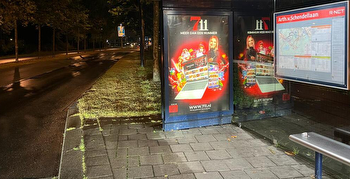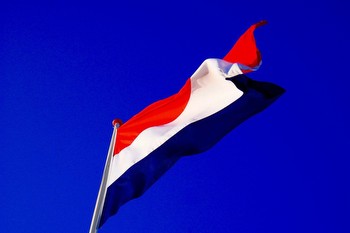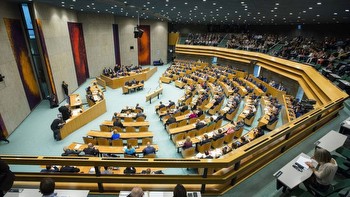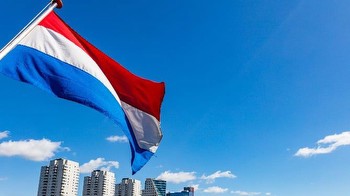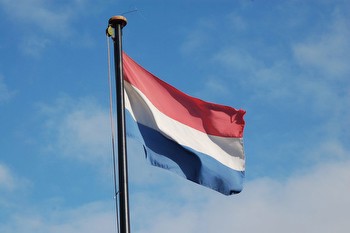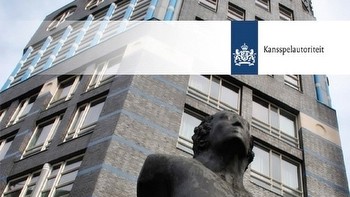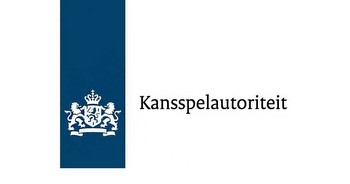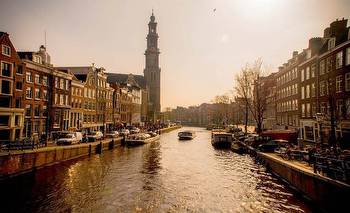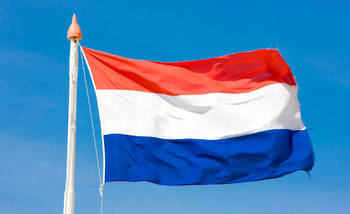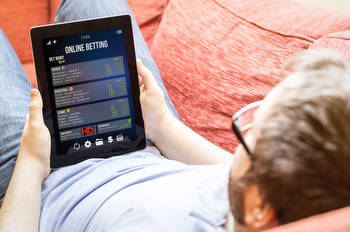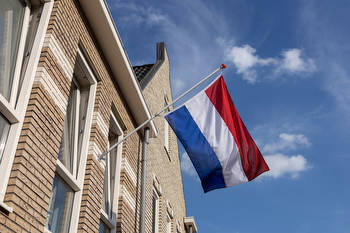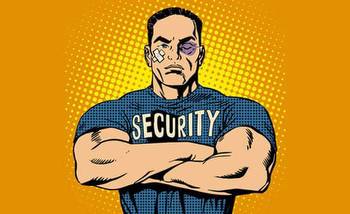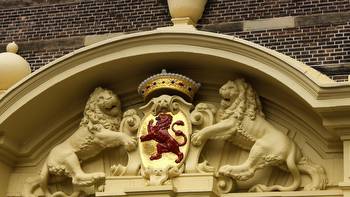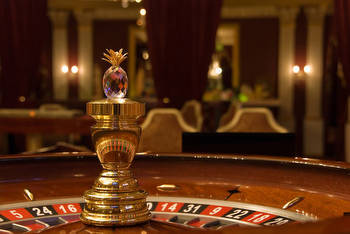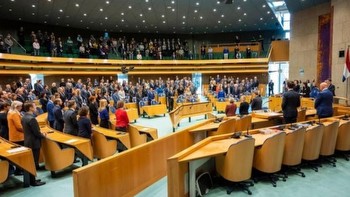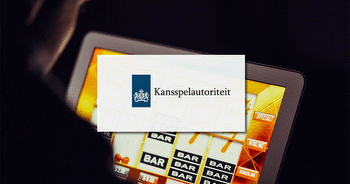Dutch MPs vote to ban high-risk online slots
Members of the House of Representatives also voted for a ban on online gambling advertising.
The Netherlands.- A narrow majority of MPs in the Dutch House of Representatives have voted in favour of motions to ban online slots and to prohibit online gambling advertising. Other motions call for mandatory financial risk checks and identification for gambling.
The motions were among 114 submitted to the House and were presented by the Socialist Party MP Michiel van Nispen. The proposed ban on online slots, which is grounded in the argument that the vertical is particularly high risk, received 79 votes in favour.
As for advertising, the Netherlands already has a ban on untargeted gambling advertising, which was introduced last July. The new ban would cover all forms of online advertising, including targeted ads. A previous motion for such a ban failed in February, but van Nispen’s proposal yesterday gained a narrow majority of 77 votes.
The votes do not mean that the measures will be adopted. Franc Weerwind, the minister for legal protection, will review the proposals and decide whether they should be approved. Weerwind has sought to strike a balance between tight regulation and maintaining an attractive regulated market for players and operators. A ban on online slots would risk pushing players to the unregulated market, with potentially negative consequences for problem play as well as in terms of revenue for the state.
The Dutch gambling regulator, Kansspelautoriteit (KSA), has published its latest monitoring report on the Dutch gambling market. The report shows that the number of active accounts on the regulated market surpassed 1 million for the first time, however the pace of growth has slowed.
Dutch online gross gaming revenue (GGR) for 2023 reached €1.39bn, a rise of 28 per cent year-on-year. However, the last half of the year saw an increase of just 1 per cent compared to the first. The number of active accounts reached 1.1 million, up 13 per cent from 970,000.








